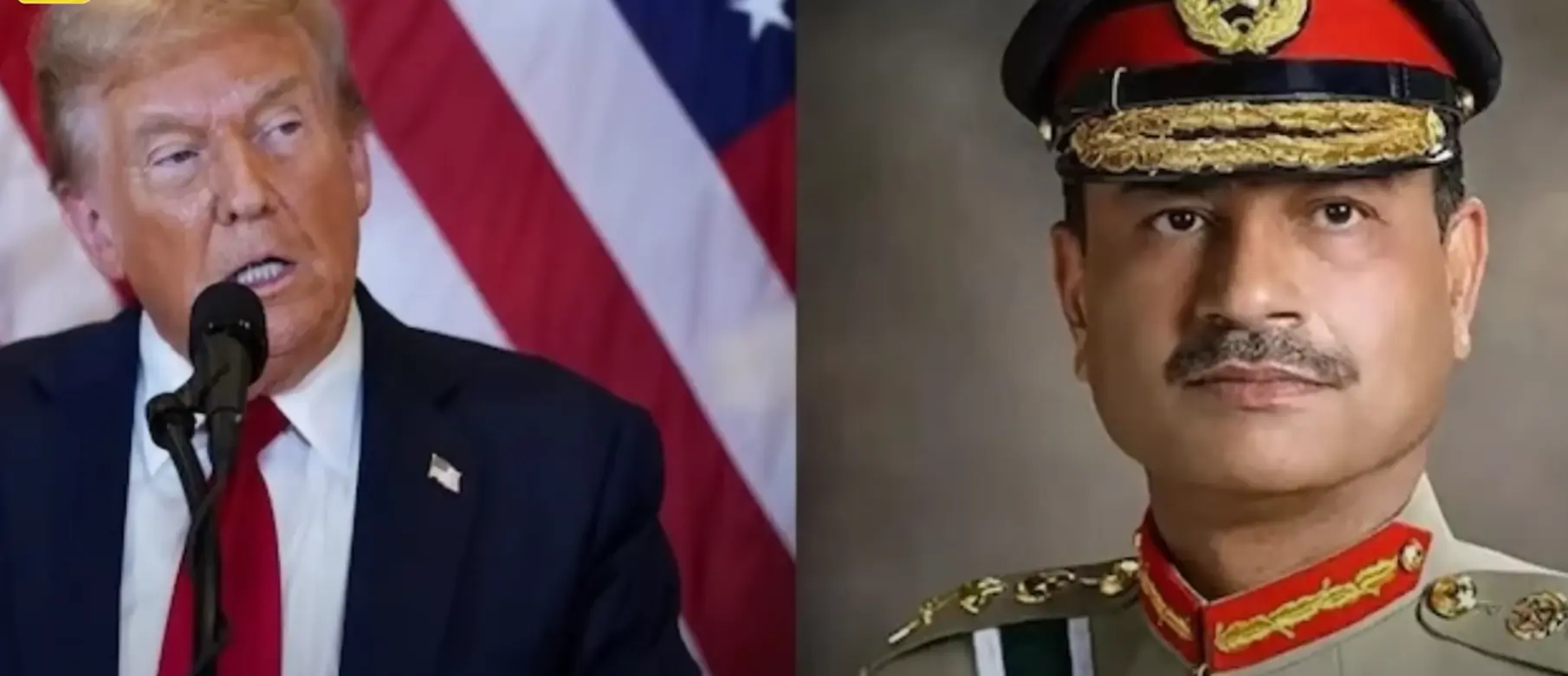
After securing $60 billion in Chinese investments, Pakistan now offers Balochistan’s critical mineral assets to the U.S.
A Strategic U-Turn: Pakistan Courts U.S. After $60 Billion Chinese Backing
From Beijing to Washington – In a move that has stunned geopolitical observers, Pakistan’s Army Chief General Asim Munir reportedly offered access to Balochistan’s critical mineral reserves to the United States during a closed-door meeting with former U.S. President Donald Trump in Washington. The offer comes despite China’s massive $60 billion investment in Pakistan under the China-Pakistan Economic Corridor (CPEC), much of which is concentrated in Balochistan’s infrastructure and mining sectors.
The meeting, held at the White House, is said to have included discussions on rare earth elements, copper, lithium, and gold resources vital to the global tech, defense, and green energy industries. At the heart of the conversation was the Reko Diq project, one of the world’s largest undeveloped copper and gold deposits, with an estimated 7.3 million tonnes of copper and 15 million ounces of gold.
While official confirmation remains elusive, Pakistani lawmakers have openly discussed the deal in the National Assembly, suggesting that the military-led outreach to Washington is more than symbolic. The U.S., eager to reduce its dependence on Chinese-controlled supply chains, appears to be quietly positioning itself for a foothold in the mineral-rich but politically volatile province.
Balochistan’s Wealth, Balochistan’s Wounds: Local Backlash and Global Stakes
Balochistan, which makes up nearly 43% of Pakistan’s landmass, is rich in untapped mineral wealth but plagued by underdevelopment, insurgency, and political unrest. For decades, Baloch separatist groups have opposed foreign exploitation of local resources, accusing Islamabad of siphoning wealth while neglecting the region’s basic needs.
The latest development has reignited those tensions. Baloch leader Mir Yar Baloch condemned the Munir–Trump meeting, stating, “Balochistan’s minerals don’t belong to Pakistan’s army. They belong to Balochistan.” He warned that continued exploitation without local consent would only fuel extremism and instability.
China, which has invested heavily in Balochistan’s Gwadar Port and mining operations, is unlikely to view this pivot favorably. The potential entry of the U.S. into a region long considered a Chinese strategic asset could trigger a new phase of resource rivalry and diplomatic friction.
Meanwhile, the U.S. is reportedly exploring similar mineral partnerships with Ukraine, signaling a broader strategy to secure critical resources from regions outside Chinese influence.
Mineral Diplomacy or Strategic Gamble? What This Means for the Region
Pakistan’s mineral pivot raises critical questions: Is this a calculated diversification of foreign partnerships, or a desperate bid for economic survival amid mounting debt and diplomatic isolation?
For the U.S., the opportunity to access Balochistan’s rare earths and lithium aligns with its national security goals. These minerals are essential for electric vehicles, semiconductors, and advanced weapons systems. But the risks are high, Balochistan remains a conflict zone, and any foreign presence could become a target for insurgent attacks.
For China, the move is a potential betrayal. Having poured billions into CPEC, Beijing may now reassess its strategic calculus in Pakistan. A trilateral tug-of-war over Balochistan’s resources could destabilize the region further, especially if local voices continue to be sidelined.
As for Pakistan, the decision to court both superpowers simultaneously may offer short-term gains but risks long-term entanglements. The mineral wealth of Balochistan could either become a bridge to prosperity—or a battleground for global ambitions.
Stay updated with the latest news on Rapido Updates. Keep yourself updated with The World, India News, Entertainment, Market, Automobile, Gadgets, Sports, and many more
The Nobel Peace Prize That Keeps Eluding Trump Nobel Obsession: From India-Pakistan to Iran-Israel,
2 thoughts on “From Beijing to Washington: Pakistan’s Balochistan Mineral Pivot Sparks Global Shockwaves”